
Not just sponsorship: how sport is being rebuilt by tech
How sports tech is moving beyond sponsorship into core infrastructure – transforming performance, venues and fan engagement at LEAP 2026 Sports Tech Hub.


How sports tech is moving beyond sponsorship into core infrastructure – transforming performance, venues and fan engagement at LEAP 2026 Sports Tech Hub.

Learn how global brands use events to enter new markets. Build trust and accelerate relevance through CoLAB collaborations at LEAP.

At global tech events, your brand isn’t competing for space – it’s competing for memory. Memory is built through participation, so the brand collaboration opportunities at LEAP are designed for it.
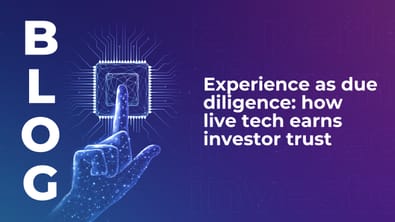
For investors at LEAP, experience is the first stage of due diligence – and has more impact than a pitch deck. Find out how the Tech Arena fast-tracks investor conversations.

Why live demos outperform pitch decks at LEAP – with data, real examples, and practical tips to help you turn attention into deals.

Why 2026 is the year startups have to move beyond pilots. New research shows go-to-market execution, not demos, is the real growth advantage.
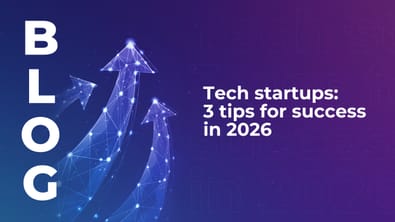
Three practical, expert lessons on why startups fail – and how business models, regulation and adoption unlock real tech value.

After years of acceleration, tech is entering a more selective phase. In 2026, progress won’t be measured by how much you do – but by how clearly you choose.

“Every point of light you see here is a galaxy. Each galaxy contains billions of stars. Almost every star has planets orbiting it. And there are more stars in our universe than grains of sand on our planet.” This was how Maryliz Bender (Founder of Cosmic Perspective) opened her keynote
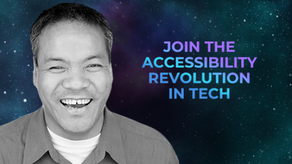
Accessibility isn’t a new concern in tech design. The World Wide Web consortium published its first set of accessibility guidelines in 1999, and the latest updated version was released in 2018. But although many tech companies factor accessibility into their product development, they’re not all getting it right
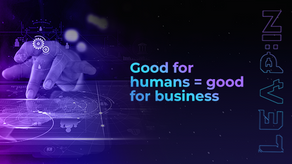
Welcome to this week’s LEAP:IN newsletter. Each week, we unpack leader’s powerful quotes and decipher the tech landscape. With exclusive content from some of the world’s leading experts in AI, robotics, space, edutech, climate tech and more, read on to discover this week’s insights and

Lorem Ipsum is simply dummy text of the printing and typesetting industry. Lorem Ipsum has been the industry’s standard dummy text ever since the 1500s, when an unknown printer took a galley of type and scrambled it to make a type specimen book. It has survived not only five

Welcome to this week’s LEAP:IN newsletter. Each week, we unpack leader’s powerful quotes and decipher the tech landscape. With exclusive content from some of the world’s leading experts in AI, robotics, space, edutech, climate tech and more, read on to discover this week’s insights and
Lorem Ipsum is simply dummy text of the printing and typesetting industry. Lorem Ipsum has been the industry’s standard dummy text ever since the 1500s, when an unknown printer took a galley of type and scrambled it to make a type specimen book. It has survived not only five
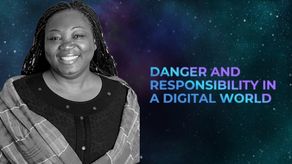
“My name is Nnenna. I come from the internet. And I’ve got three things to say. The vision of the World Wide Web is that it be for everyone. The dangers are the we are not secure enough, that we are not connected enough, and that there are not

“I have an idea that in football, you can’t lose the sense of ‘what is football’. I think that technology shows how innovative tools can improve the game. Technology will not decide winners or losers, but makes the game fairer.” Luís Figo won football’s Ballon D’or award